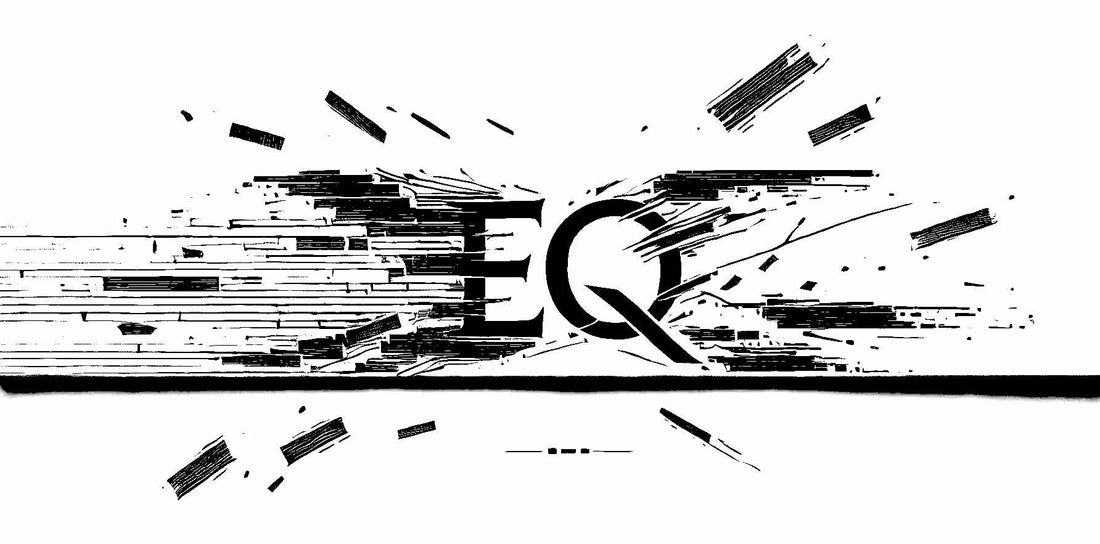
EQ Training for Managers | Transform Leadership with Emotional Intelligence
Share
Imagine this: A high-performing employee is promoted to a managerial role, but the transition isn’t smooth. They struggle to connect with their team, fail to navigate conflicts effectively, and unintentionally create a disengaged, stressed work environment. Turnover spikes, projects falter, and team morale plummets. Sound familiar?
For many HR Directors, this scenario is all too common. The missing ingredient? Emotional Intelligence (EQ).
Managers with high EQ don’t just manage—they inspire, connect, and lead. But without targeted development, even the most technically skilled leaders can fail to meet the emotional demands of leadership. That’s where we step in.
Why Emotional Intelligence is Crucial for Managers
- High Turnover: Employees leave managers, not companies. When managers lack empathy or self-awareness, retention suffers.
- Conflict Escalation: Without emotional regulation, workplace disagreements turn into toxic dynamics, harming productivity and morale.
- Poor Communication: Emotionally unintelligent managers alienate their teams by failing to listen, misreading emotions, or delivering feedback insensitively.
- Missed Leadership Potential: Promoting high performers to managerial roles without EQ training sets them up for failure, creating costly leadership gaps.
- Burnout and Stress: Managers who can’t manage their own emotions often pass stress down to their teams, contributing to widespread burnout.
Why Traditional EQ Training Falls Short—and How We Ensure Success
If you’ve tried EQ training for your managers before and seen little to no improvement, you’re not alone. Many HR leaders share the same story: they invest in EQ development programs, only to find that the managers return to their old habits within weeks or fail to apply what they’ve learned.
The truth is, traditional EQ training often misses the mark. Here’s why—and how we fix it:
1. Lack of Personalization
Most EQ training programs take a one-size-fits-all approach, offering generic lessons that fail to address individual challenges.
Our Solution: We start with a personalized EQ assessment for each participant, identifying their unique strengths and growth areas.
2. Overemphasis on Theory
Traditional programs focus heavily on psychology without providing practical tools or actionable strategies.
Our Solution: Our program emphasizes real-world applications through role-playing and hands-on exercises.
3. Insufficient Follow-Up
EQ isn’t a skill you master in a single workshop—it requires consistent practice, feedback, and reflection.
Our Solution: We provide ongoing coaching and follow-up sessions to ensure lasting change.
4. Ignoring Organizational Culture
Without alignment between training efforts and company values, managers may feel their new skills are out of step with the workplace environment.
Our Solution: We partner with HR leaders to ensure EQ training aligns with your organization’s culture and goals.
5. Resistance to Change
Some managers may approach EQ training with skepticism.
Our Solution: We demonstrate the tangible benefits of EQ through real-world success stories and data-driven insights.
How Our EQ Training Works
- Initial Assessment: We begin with a comprehensive EQ assessment to identify each manager’s strengths and areas for development.
- Interactive Training Modules: Hands-on workshops and scenario-based learning provide practical EQ skills.
- Ongoing Coaching and Support: Post-workshop coaching ensures consistent application of EQ principles.
- Measurable Outcomes: We track progress through follow-up evaluations to demonstrate impact.
The Impact of Emotionally Intelligent Leadership
- Improved Retention: Employees feel valued and supported, reducing turnover and increasing engagement.
- Enhanced Team Performance: Trust and collaboration flourish under emotionally intelligent leadership.
- Stronger Workplace Culture: EQ leaders create inclusive, resilient environments where employees thrive.
- Increased Productivity: Clear communication and effective conflict resolution keep teams aligned and focused.